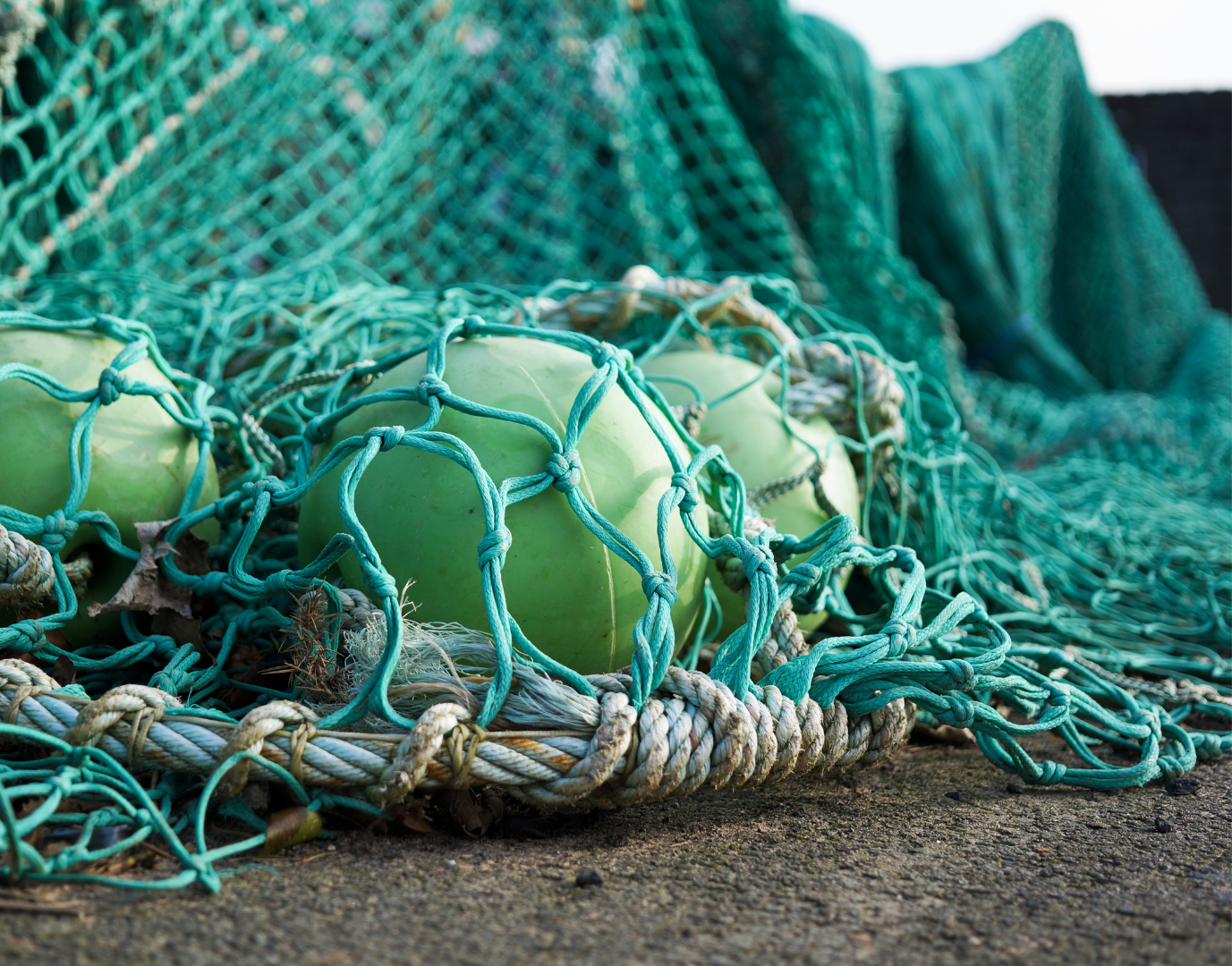How To Start A Commercial Fishing Business
Starting a fishing business can be a lucrative and otherwise satisfying experience for the proper person or company. To be successful, like with any small company start-up, an investment of both time and resources is required. Coastal entrepreneurs have a wide range of alternatives for what form of fishing business will thrive. Starting a fishing company demands a strong strategy, and keeping it going requires a lot of patience and dedication, but the benefits may be well worth the effort.
Choose the sort of fishing business that will be most profitable for you. Charter fishing, in which you are paid to take guests on fishing trips, and normal commercial fishing, in which you capture one or more kinds of fish to sell on the market to a recognized wholesaler, are two common fishing enterprises. Remember that charter fishing organizations are focused on providing excellent customer service. They also demand a newer, cleaner boat than the more traditional commercial fishing industry.
Is Commercial Fishing Financially Viable?
You may enjoy fishing and believe that making it a full-time profession would be enjoyable. That may be true, but it is not simple.
First and foremost, you must be assured that investing in such a firm is even lucrative for you since it is a major investment. However, you may make a substantial profit if you do it well. Let's have a look at the stats.
What Is The Value Of The Commercial Fishing Industry?
According to data and forecasts from the Global Commercial Fishing Industry industry, global commercial fishing will expand from roughly $240 billion in 2017 to $440 billion in 2026. Due to the global epidemic, we may anticipate that forecast to be somewhat off since all economies are projected to experience ramifications.
However, it's a clear indication that it's worth a chance. There's money to be made, and if you're willing to put in the effort, you should go for it, especially if you're a seasoned angler.
We must remember that the above data is an average based on the entire planet. When you look at it more closely, it's clear that some regions of the world produce more stuff than others, but that doesn't imply it's more profitable to fish there — it just means there's more competition.
For example, China is the world's leading fish producer, with a harvest volume more than the next twelve countries combined. However, fishermen's pay per capita is nowhere near the top when it comes to fishermen's pay per capita.
We mean that no matter where you are, you must investigate the market to see if it is advantageous for you to begin. Before considering how much an above-average fisherman gets every year, find out how much an average fisherman earns.
Make A Business Strategy
This is important not just for laying down objective business principles and goals for yourself but also for convincing investors that your future firm is legitimate. Market research is an important part of every company plan, and in the fishing sector, it entails a thorough examination of the available licenses and quotas. Outsourcing your business plan to a professional will ensure thorough research and correct financial information.
Find Clients And Hire A Workforce
If you want to run a modest lobstering operation, your crew may be as few as two deckhands, and your "clients" may be huge, wholesale seafood suppliers that buy your catch regularly. If you're starting a charter fishing business, on the other hand, you'll need enough crew to cater to clients and maintain the boat, and finding customers will be critical to your success.
Promote The Company
This is especially important for charter fishing companies, but it is a non-issue for commercial fishing, relying solely on catch quantity for profit. Charter fishing boats are often advertised on the internet. Two more powerful ways include word-of-mouth and local advertising in tourist hot places.
Investigate And Secure All Necessary Licenses
Permits are always required for charter and commercial fishing. They vary depending on your state, boat size, intended species of catch, and various other factors that must be examined according to your municipality. You may also require federal permits on occasion.
Obtain The Required Money
Most people do not have enough capital or credit in their name to risk a fishing business, so banks (and your business plan) come into play. Present your business plan to a local bank representative, including all necessary capital and a projected return on investment (R.O.I.).
Prepare A Boat For Sailing
To even consider commercial fishing, you'll need a fishing boat. You may always hire one, but you should own your boat to build your business. After you've put everything together, you'll need to register it like any other car.
It must perform flawlessly, so make any necessary repairs before going sail. Always put safety first. In an emergency, fill it up with fuel and keep the receiving tanks on board.
When you're ready, decide where you'll go fishing. There are limits to what your boat can handle and where you may fish if you get a fishing license from the authorities.
Obtain Buyer Agreements
You don't just go out and catch a bunch of fish and expect people to come up to you and beg for it. Selling the goods and competing with huge company pricing is nearly as difficult as fishing itself, so you'd best have a deal with some buyers before setting out.
It's hazardous if you don't catch as much as you expected, but you signed a contract for a reason. Work out the specifics with the buyer and develop solutions that will keep you financially safe while also making them pleased enough to keep buying. A small, loyal customer is more valuable to you than a large, unreliable consumer.
Take A Look At The Product You're Familiar With
It's fun to try capturing things other than what you're used to, such as crabs, squids, clams, and so on. It's always best to stick to your guns first. It's wiser to play to your strengths before venturing further if you know the location where a certain fish lives and how to capture it.
Having various items might help you generate a lot of money, but it also entails additional paperwork and licensing. You also run the danger of not catching anything, which is almost certainly worse. So it is recommended to research properly before you jump straight into starting a business.











